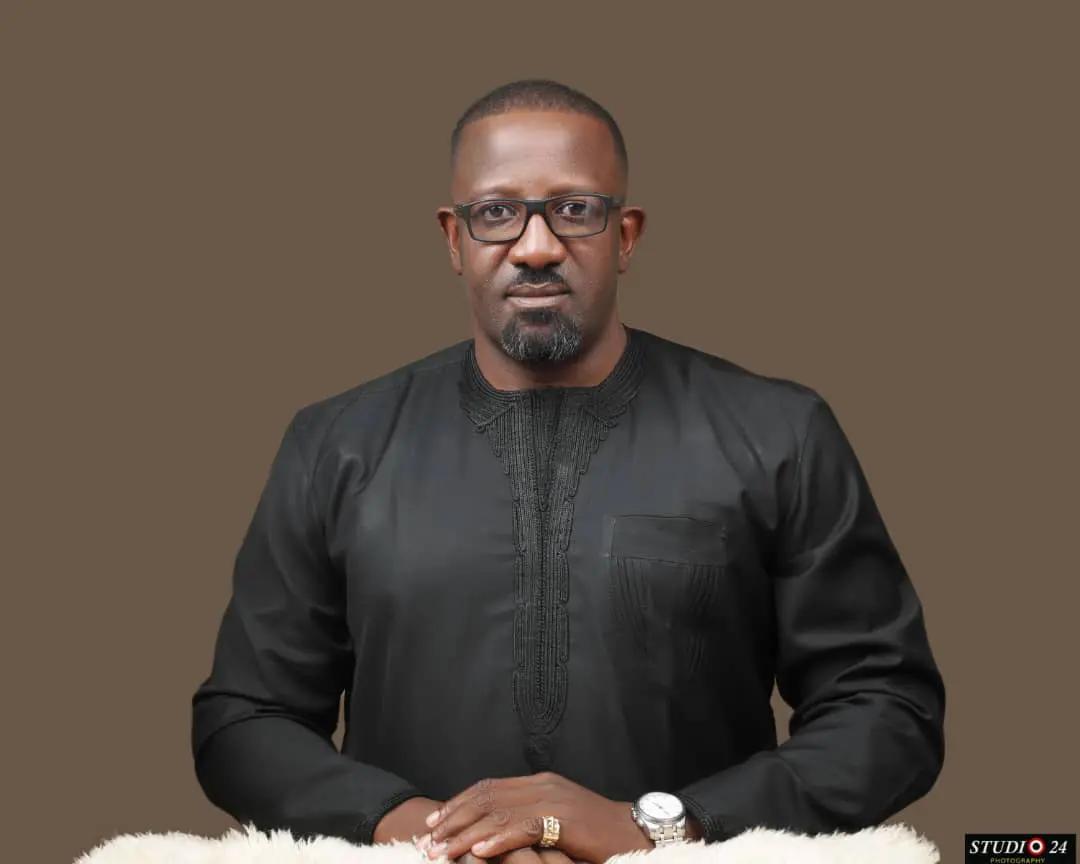Presidential candidate of Accord Party in the 2023 election, Christopher Imumolen, has warned that Nigeria is living under a self-imposed oil curse, where the nation’s vast petroleum wealth has become a source of poverty, corruption, and institutional decay rather than prosperity.
Imumolen traced the roots of Nigeria’s economic stagnation to decades of rent-seeking, extreme centralisation, and neglect of productive sectors since the 1970 oil boom.
He made the submission at the 2025 Political Economy and Leadership Summit in Abuja, themed “Political Economy of Nation Building: The World’s Unfinished Business.”
The summit was organised by the International Institute of Experts on Political Economy and Administration (IIEPEA) Canada, in collaboration with the United World Congress of Diplomats (UN-WCD).
He cited the 1986 Structural Adjustment Programme as a missed opportunity that liberalised trade at a huge social cost, collapsed public services, and failed to break the oil addiction. He added that successive administrations continued to mismanage oil wealth through subsidies, multi-exchange rate regimes, and unsustainable debts.
According to him, resource curse has entrenched a cycle where political power is sought to control oil revenue, adding that the revenue made from oil proceeds is used to sustain patronage networks.
He said: “Oil still accounts for over 90 per cent of foreign exchange earnings and about 50 per cent of government revenue. The economy remained highly vulnerable to global oil prices. The resources cost, we call it resources curse, as oil itself is a blessing or a curse.
“God has provided us with so many resources, yet as a nation, we likely could survive on the same resources we have. Massive wealth exists alongside extreme poverty in the same country. Nigeria has one of the highest rates of income inequalities and vied with India for the title of world poverty capital.
“The system of patronage became more entrenched. Corruption is not merely individual mischief, but a systemic feature of governance, where political power is directly leveraged for economic gain. Despite earning hundreds of billions in oil revenue over decades, Nigeria suffers from a critical lack of power, roads, railways, and refineries.”
Noting that the economy has experienced a period of low growth, recession, and, recently, inflation showing above 33 per cent as of last year, he lamented that debt has risen significantly, consuming a large portion of federal revenue for debt servicing, leaving little for capital expenses or social services.
Imumolen said the current administration has initiated bold but painful reforms, including the removal of the costly petrol subsidy and the unification of the foreign exchange windows aimed at fixing long-standing distortions.
He, however, noted that the measures have also triggered a sharp increase in the cost of living, causing widespread public anguish.
Imumolen warned that unless Nigeria undertakes a radical shift from a rental, extractive economy to a productive one, its future will remain constrained by the same resources meant to bless it.
“We must build strong institutions that enforce the rule of law, protect property rights, and prioritise agriculture, manufacturing and technology over rent-seeking,” he added.
Speaking, President, International Institute of Experts and Political Economy and Administration, Prof. Tunji Asaolu, said the summit signifies a collective commitment to addressing one of the most pressing challenges facing Nigeria in this era of rapid change.
He said the performance of nations has been profoundly influenced by political decisions, economic strategies, and the social fabric within which they operate.
“We must acknowledge the substantial hurdles that hinder our progress. Issues such as corruption, inequality, insufficient infrastructure, and governance challenges have obstructed our growth potential”, the don said.
According to him, the global landscape is continually evolving, presenting new challenges such as climate change and technological tumult that demand innovative solutions and collaborative efforts.
He, however, explained that to navigate these complexities, Nigeria must harness a comprehensive approach that integrates political integrity, economic stewardship, and effective leadership.
The summit also featured the induction of ambassadors as Special Emissaries into the United World Congress of Diplomats (UN-WCD) and the International Institute of Experts on Political Economy and Administration (IIEPEA–Canada).
In addition, several members were inducted as Fellows. At the same time, certificates of confirmation as global experts were presented to individuals who completed 35 credit hours under the Continuing Professional Development Programme (CPDP) and met the rigorous International Standards Registration requirements.






